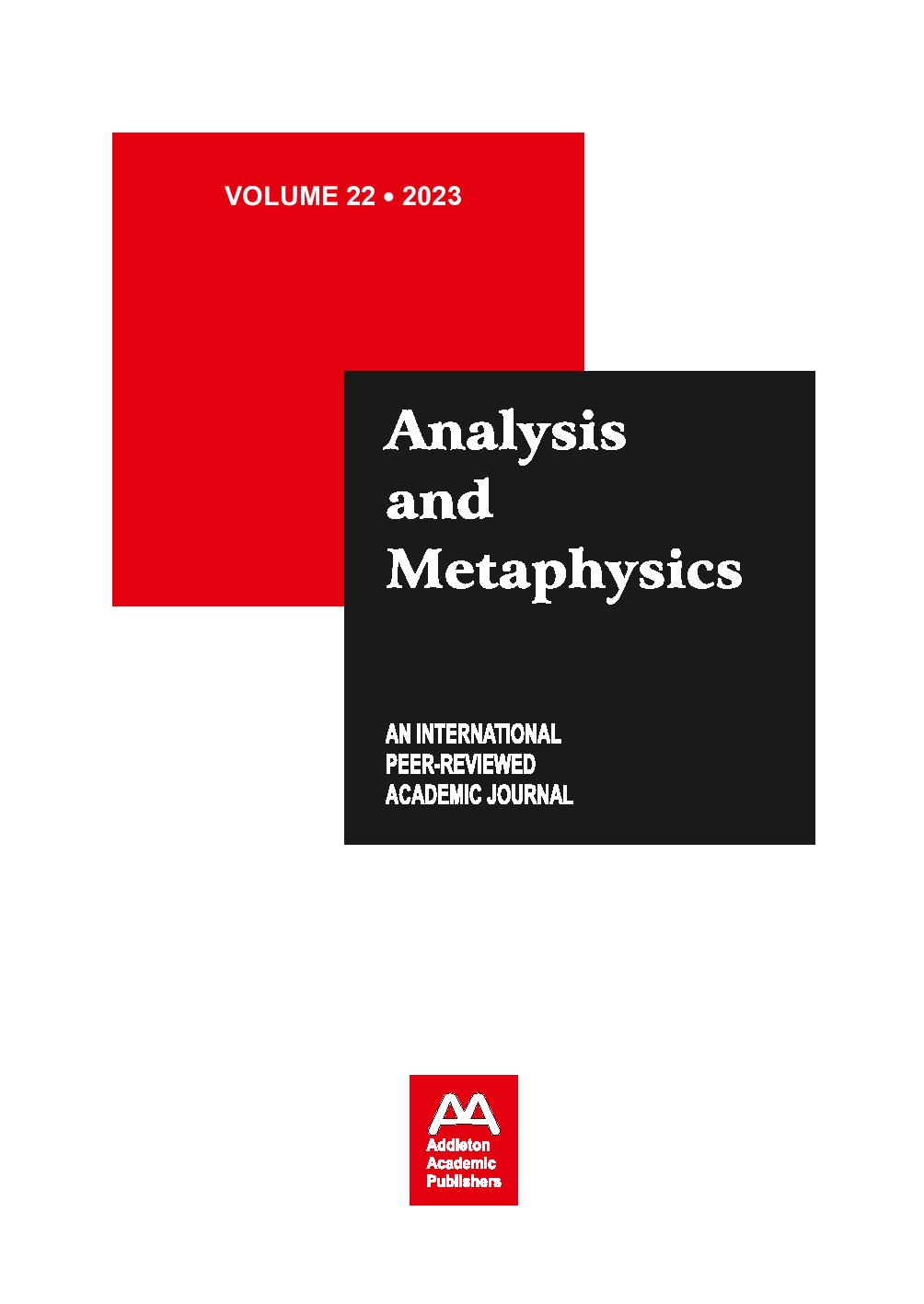Generative Artificial Intelligence and Virtual Reality Immersive Training Tools, Algorithmic Monitoring and Cognitive Computing Systems, and Voice and Gesture Recognition Technologies in Virtual Immersive Workspaces
Generative Artificial Intelligence and Virtual Reality Immersive Training Tools, Algorithmic Monitoring and Cognitive Computing Systems, and Voice and Gesture Recognition Technologies in Virtual Immersive Workspaces
Author(s): Sofia BratuSubject(s): Management and complex organizations, ICT Information and Communications Technologies
Published by: Addleton Academic Publishers
Keywords: generative artificial intelligence; virtual reality immersive training tools; algorithmic monitoring; cognitive computing systems; voice and gesture recognition technologies; virtual immersive workspa
Summary/Abstract: This paper draws on a substantial body of theoretical and empirical research on generative artificial intelligence and behavior tracking tools articulating employee expectations and productivity, job mismatches, losses, and transitions, and flexible work arrangements. With increasing evidence of generative artificial intelligence and remote collaboration tools leading to productive workplace, streamlining operational workflows, and enhancing knowledge acquisition, there is an essential demand for comprehending whether generative artificial intelligence and virtual navigation tools can complete job tasks, increase labor productivity, shape organizational retention, and redefine employment, tasks, and jobs. A quantitative literature review of ProQuest, Scopus, and the Web of Science was carried out throughout August 2023, with search terms including “generative artificial intelligence and virtual reality immersive training tools” + “algorithmic monitoring and cognitive computing systems,” “voice and gesture recognition technologies,” and “virtual immersive workspaces.” As research published in 2023 was inspected, only 166 articles satisfied the eligibility criteria, and 50 mainly empirical sources were selected. Data visualization tools: Dimensions (bibliometric mapping) and VOSviewer (layout algorithms). Reporting quality assessment tool: PRISMA. Methodological quality assessment tools include: AMSTAR, Distiller SR, ROBIS, and SRDR.
Journal: Analysis and Metaphysics
- Issue Year: 2023
- Issue No: 22
- Page Range: 197-215
- Page Count: 19
- Language: English
- Content File-PDF

